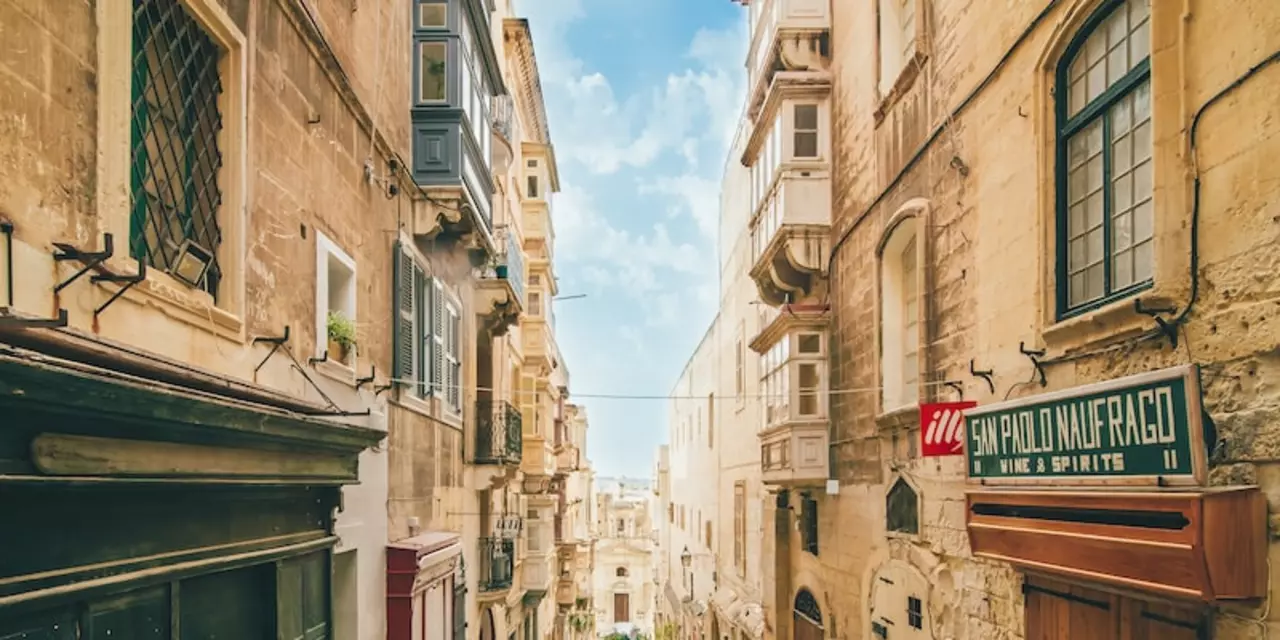Living in Malta – Pros and Cons for Expats & Locals
Malta may be tiny, but its blend of Mediterranean sunshine, historic towns, and English-friendly environment makes it a magnet for newcomers. Before you pack your bags, let’s break down what really matters day‑to‑day.
Top Benefits of Living in Malta
First off, the weather is hard to beat. Warm, dry summers and mild winters let you enjoy the beach or a seaside café almost any day. That sunshine cuts heating bills and lifts the mood, especially if you’re used to grey skies.
English is an official language, so you won’t struggle with paperwork or everyday conversations. This also means many international businesses set up shop here, giving you a chance to work in a global environment without language barriers.
Cost of living stays lower than most Western European capitals. Groceries, public transport, and dining out are affordable, and you can still afford a decent apartment in popular areas.
Health care is solid and mostly public, with low co‑pays for residents. If you have EU coverage or private insurance, you’ll find quality services without long waits.
Tax incentives attract freelancers and retirees. Malta’s flat tax rates and favorable residency schemes can boost your take‑home pay, especially if you earn online.
Challenges You Might Face
The flip side is the job market. While tourism and finance dominate, opportunities in tech or specialized fields are limited. Many expats end up working remotely or in niche roles.
The island’s size means space is at a premium. Housing can be pricey in prime locations like Sliema or St. Julian’s, and you’ll often compete with locals and other expats for the same apartments.
Traffic congestion spikes during rush hour, and public transport, though reliable, doesn’t cover every corner. If you rely on a car, expect narrow streets and limited parking.
Administrative red tape can be frustrating. Getting a work permit, residency, or even a utility connection sometimes drags on, especially during peak tourist seasons.
Crime isn’t rampant, but petty theft in crowded tourist spots and occasional nightlife incidents are worth noting. Keeping an eye on your belongings is standard practice.
Finally, being a small island means you’ll feel the “island effect” – limited nightlife, fewer cultural events compared to big cities, and occasional feeling of being cut off from the continent.
Weighing these points helps you decide if Malta fits your lifestyle. If you crave sunshine, a relaxed pace, and easy English communication, the pros may outweigh the cons. But if you need a booming job market and plenty of personal space, you might want to explore other options first.
